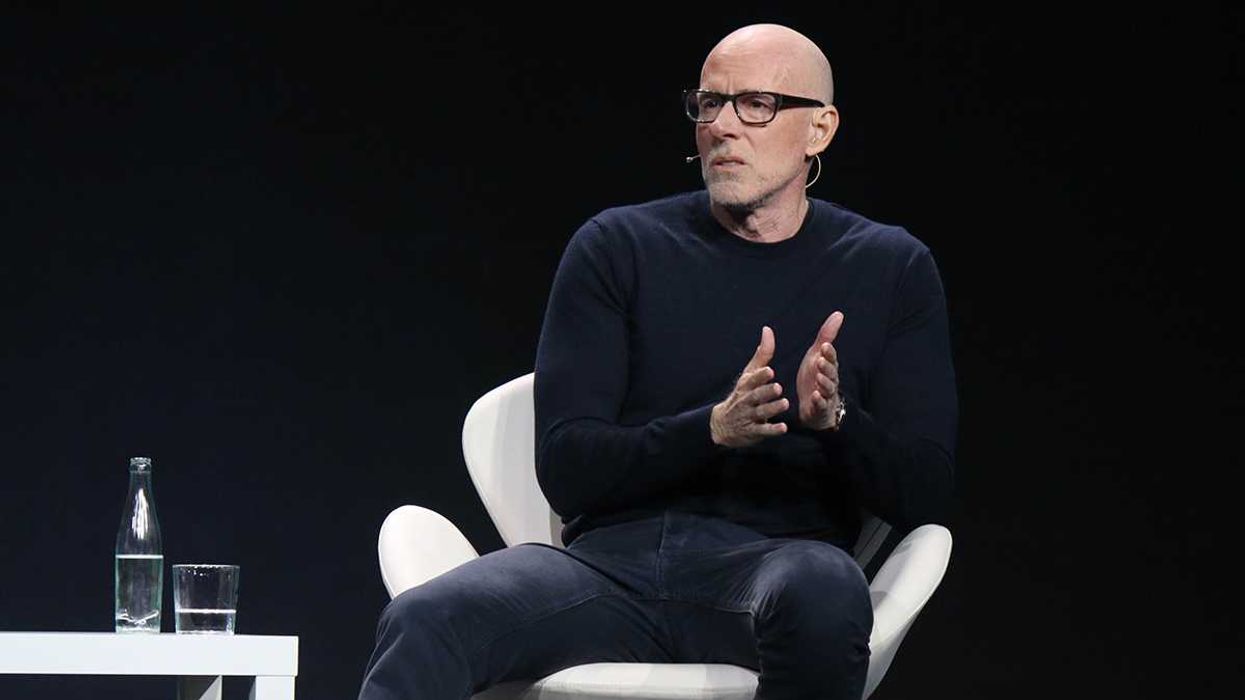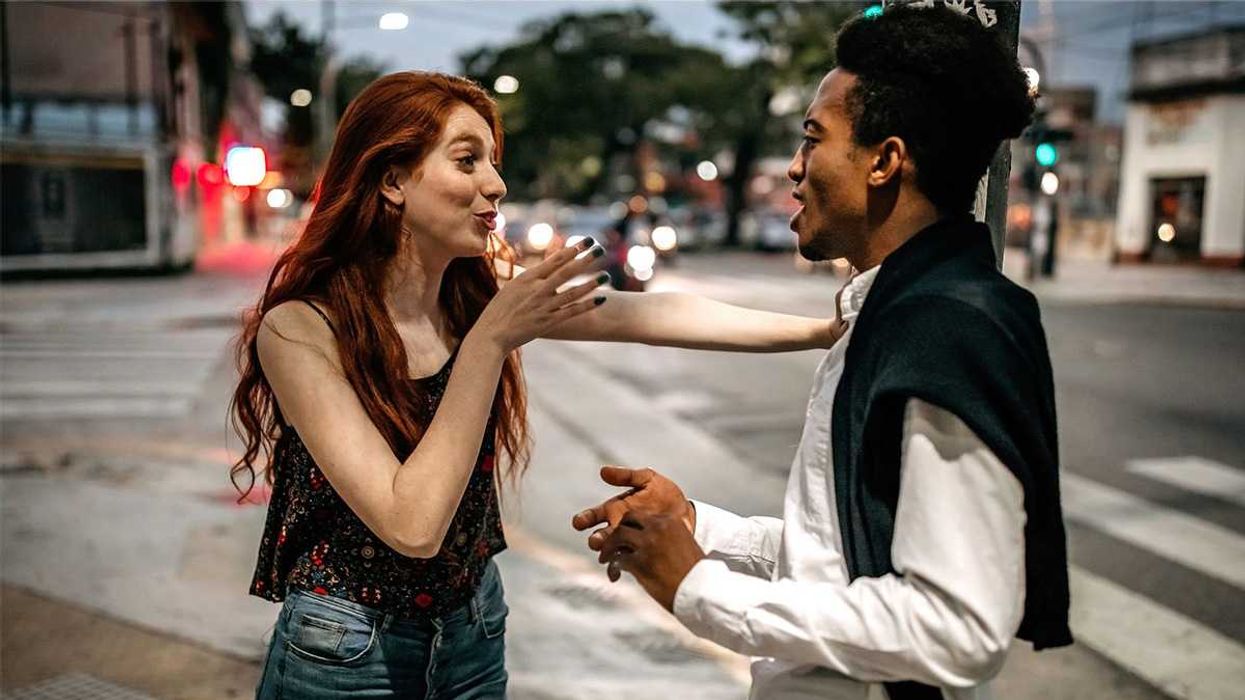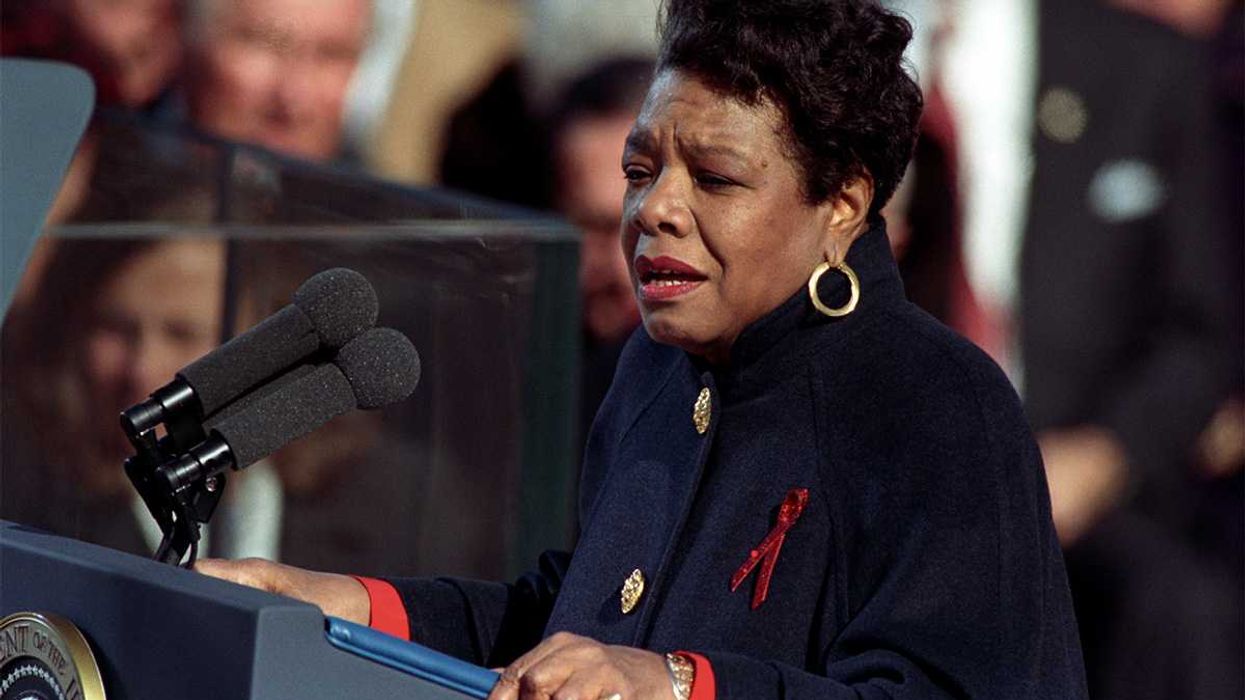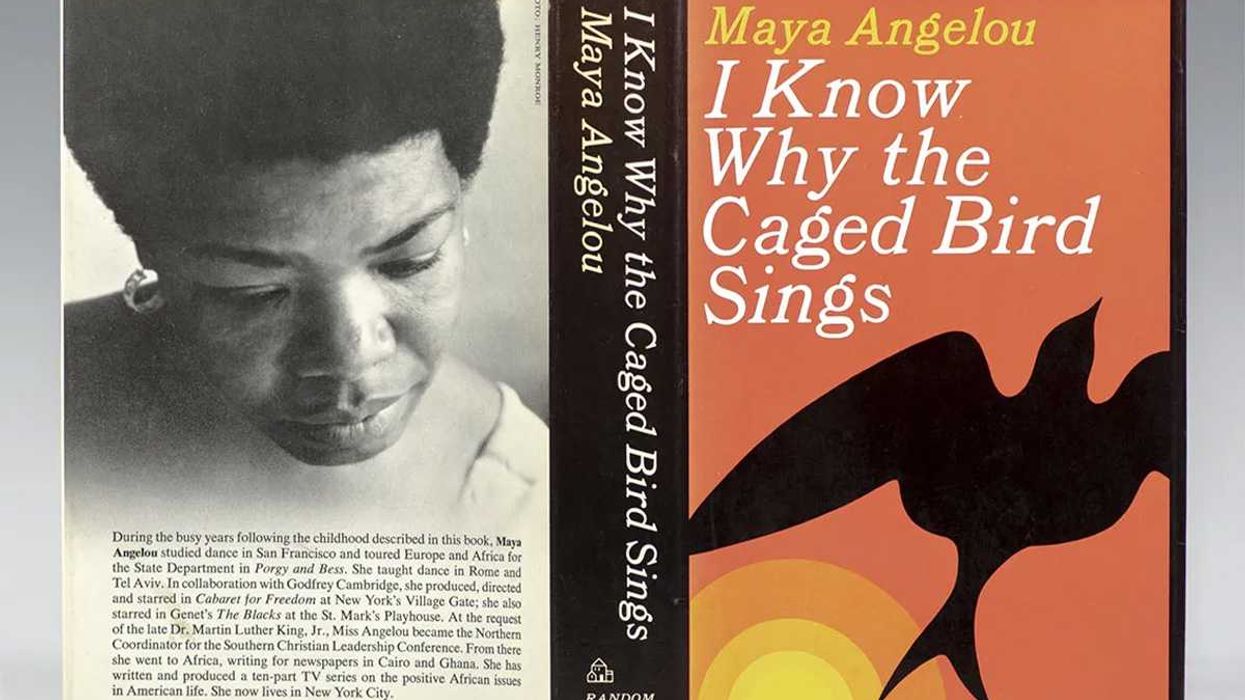The global climate change strikes on Friday are said to have been the largest protest for climate change in history. An estimated four million people participated in 2,500 events across 163 countries on all seven continents. That included an estimated 300,000 Australians, but a total of zero were in Hyde Park in Sydney, despite a viral photo that claims otherwise.
Australian Youth Coal Coalition, a pro-coal Facebook page, posted a photo showing trash strewn across a park after what appears to have been a large event. "Look at the mess today's climate protesters left behind in beautiful Hyde Park," the photo was captioned. "So much plastic. So much landfill. So sad." The only problem is, the photo wasn't taken after a climate change protest. It wasn't even taken in Australia.
RELATED: Greta Thunberg inspires while Donald Trump is mocked at the UN Climate Summit
The real photo was taken way back in April after a pro-marijuana event was held in London's Hyde Park. The event was held next to an Extinction Rebellion protest. At the time, the climate change activists were also blamed for the mess, even though Extinction Rebellion actually cleaned up the trash left behind by the neighboring 420 event.
The reason for the misinformation? A poorly worded Facebook post from The Hemp Trading Company (THTC) asking 420 attendees to be better. "This is #HydePark after #420. Ashamed is not the word. With #extinctionrebellion not yards away, so many of you couldn't be bothered to clean up after yourselves…," the original post said. THTC updated the post to clarify that Extinction Rebellion didn't leave behind the trash, but the damage was already done.
The Australian Youth Coal Coalition's original post has been deleted, but it's still being shared by other social media accounts.
Fake news parading as a fact, isn't anything new, yet it feels like a particularly modern epidemic. Oddly, people see fake news as a bigger problem than climate change. According to a Pew Research Center poll, 50% of Americans put fake news as a "very big problem," blaming activists and political leaders for the problem, more than they blamed journalists. 79% of Americans said fake news should be restricted, while only 20% said it was "protected communication."
RELATED: Youth activists gather to fight climate change at UN Summit: 'We need to transform anger into action'
We don't have to live in a world flooded with fake news; instead, you can do things to stop if from spreading. One way to do a quick check to see of a viral photo is by doing a reverse Google image search. Facebook also gives you an option to report fake news. When you click on "report post," you can give "It is a false news story" as a reason under "I think this shouldn't be on Facebook."
When sharing a story, it's important to make sure it's from a reputable source andthat youactually read the story you're sharing. Otherwise, we're not sharing information, we're just sharing outrage. Per the New York Times, a whopping 60% of shared news stories weren't even read by the person who shared them. And if you think something is fake news, just don't share it. We can all do our part to combat both climate change and fake news.
















 Self reflection.Photo credit
Self reflection.Photo credit  Older woman touching hands with a younger self.Photo credit
Older woman touching hands with a younger self.Photo credit  Sign reads, "Regrets Behind You."Photo credit
Sign reads, "Regrets Behind You."Photo credit 
 Couple talking in the woods.
Couple talking in the woods. Woman and man have a conversation.
Woman and man have a conversation. A chat on the couch.
A chat on the couch. Two people high-five working out.
Two people high-five working out. Movie scene from Night at the Roxbury.
Movie scene from Night at the Roxbury.  Friends laughing together.
Friends laughing together.
 Maya Angelou reciting her poem "On the Pulse of Morning" at President Bill Clinton's inauguration in 1993.William J. Clinton Presidential Library/
Maya Angelou reciting her poem "On the Pulse of Morning" at President Bill Clinton's inauguration in 1993.William J. Clinton Presidential Library/  First edition front and back covers and spine of "I Know Why the Caged Bird Sings."Raptis Rare Books/
First edition front and back covers and spine of "I Know Why the Caged Bird Sings."Raptis Rare Books/ 
 Tow truck towing a car in its bedCanva
Tow truck towing a car in its bedCanva  Sad woman looks at her phoneCanva
Sad woman looks at her phoneCanva  A group of young people at a house partyCanva
A group of young people at a house partyCanva  Fed-up woman gif
Fed-up woman gif Police show up at a house party
Police show up at a house party 
 A trendy restaurant in the middle of the dayCanva
A trendy restaurant in the middle of the dayCanva A reserved table at a restaurantCanva
A reserved table at a restaurantCanva Gif of Tim Robinson asking "What?' via
Gif of Tim Robinson asking "What?' via 

 An octopus floating in the oceanCanva
An octopus floating in the oceanCanva